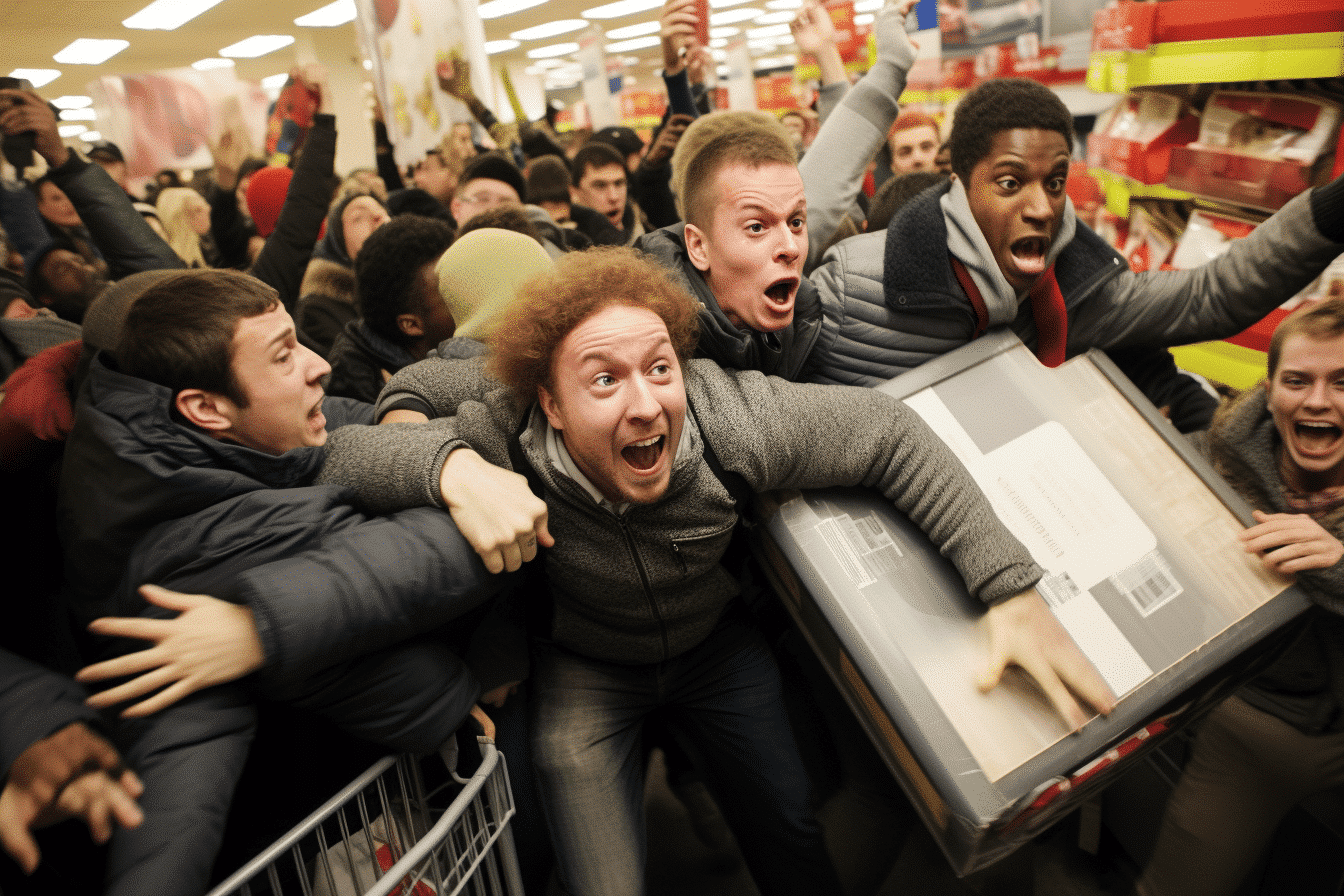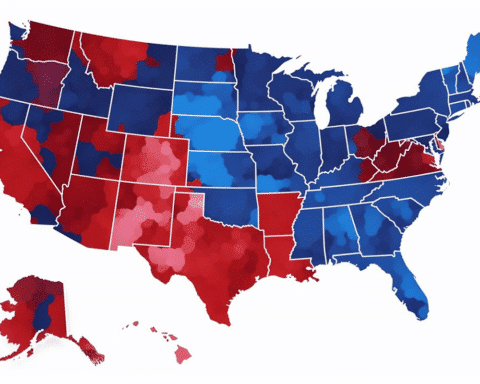Retailers are expressing concern as Black Friday approaches, the traditional kickoff to the holiday shopping season. Recent statements from industry giants such as Tapestry and BJ’s Wholesale Club, along with Best Buy and Nordstrom, indicate a sense of unease about consumer spending in the face of ongoing economic challenges. The common thread weaving through their corporate narratives is caution—a reaction to various market dynamics tempering expectations and forecasts.
Target CEO Brian Cornell encapsulated the prevailing sentiment during an analyst call: “Consumers are still spending, but pressures like higher interest rates, the resumption of student loan repayments, increased credit card debt, and reduced savings rates have left them with less discretionary income, forcing them to make trade-offs.” This caution is underpinned by a decline in unit demand across the retail industry, with dollar sales being propped up by higher prices rather than an increase in purchased units.
Even companies like Dick’s Sporting Goods and Abercrombie & Fitch, which have seen strong performance recently, are approaching the holiday season with guarded optimism. Lauren Hobart, CEO of Dick’s Sporting Goods, shared a balanced view: “We are very excited about what we have within our control for Q4… We’re balancing all that with caution about the macroeconomic environment and the consumer.”
The National Retail Federation (NRF) forecasts a notable deceleration in holiday spending growth compared to the spike seen during the Covid-19 pandemic. This slowdown and the cautious guidance from retailers reflect a broader concern about the consumer’s health and, by extension, the overall economy.
As the year ends, the holiday shopping season serves as a period of potential profit for retailers and a barometer for economic well-being. The messages from the retail sector suggest that this year, more than any recent year, Black Friday might not be the bonanza it once was as retailers and consumers navigate an array of economic challenges.
The cautious tone from retailers heading into Black Friday contrasts the vitality of the past holiday seasons. With the NRF predicting a modest increase in holiday spending growth, it’s clear that the economic pressures of inflation, interest rates, and a wary consumer base are influencing corporate outlooks. As companies and consumers adapt to these evolving economic conditions, this Black Friday may be less about doorbusters and more about carefully considering every dollar spent.




